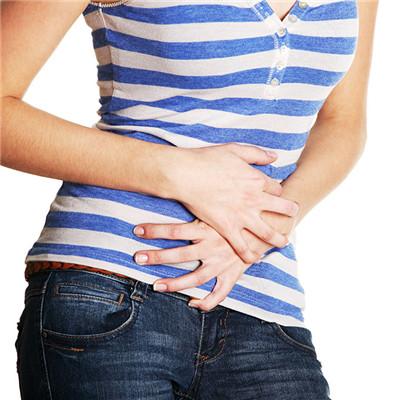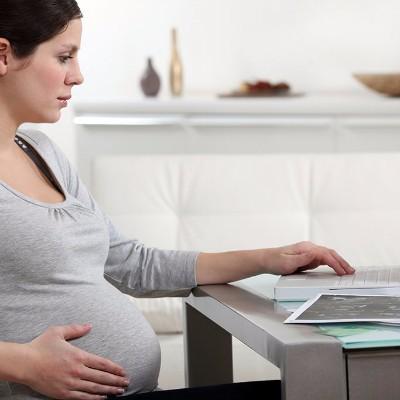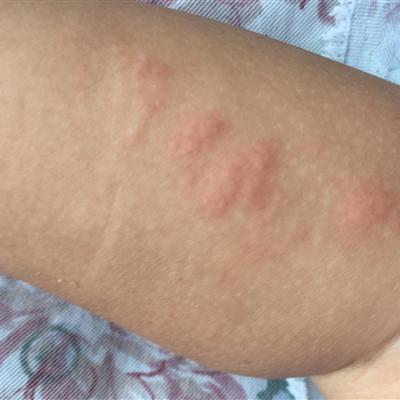Got what symptom does endometritis have? Is leucorrhea abnormal?
summary
Endometritis, popularly speaking, is the inflammation of endometrium, which mostly occurs in women who have had uterine cavity surgery, such as abortion history, cesarean section history, ring removal history, and even women who have had menstrual sex, less than one month postpartum sex, severe vaginitis and cervicitis are high risk groups. Endometritis mostly occurs in women of childbearing age, but in recent years, women's sexual behavior occurs early, so endometritis is also common in unmarried women, especially in women with multiple sexual partners. Now let's talk about it!
Got what symptom does endometritis have? Is leucorrhea abnormal?
First: endometritis can be self-examination, is generally based on abnormal leucorrhea, such as the appearance of leucorrhea color, quality, quantity changes, appear leucorrhea yellow, or red or bloody leucorrhea, or brown leucorrhea; appear leucorrhea taste, can be fishy smell, can be the smell of disinfectant or even stench; appear abnormal leucorrhea, many pants are wet. But because of the difference of individual constitution, individual patients can be asymptomatic.
Second: if women have the symptoms described above, especially accompanied by vaginal itching, burning, tingling or lower abdominal swelling, waist acid swelling, etc., it is recommended that timely treatment, can do the basic leucorrhea routine, to see whether there are mold, trichomonas, bacteria, etc., do electronic colposcopy, to see whether there is erosion of the cervix, whether there is congestion and edema; double diagnosis, to see whether there is a uterus Neck lifting pain, whether there is pressure pain.
Second, if patients with long-term bleeding, especially non menstrual bleeding or sexual bleeding, it is recommended to do a pathological biopsy of the endometrium, on the basis of excluding malignant lesions, conventional drug treatment can be used. If complex hyperplasia or atypical hyperplasia is found by biopsy, surgical treatment is recommended if necessary.
matters needing attention
Once diagnosed, endometritis should be treated in time. In the acute stage, anti-inflammatory treatment is given priority to, and light, high protein and multi vitamins are given priority to in diet. At the same time, attention should be paid to the cleaning of vulva. If there are too many secretions, warm water can be used to clean them in the morning and evening, and keep them dry. If conditions permit, physiotherapy and hyperthermia can be applied to the abdomen to promote the discharge of inflammatory substances and relieve pain.











